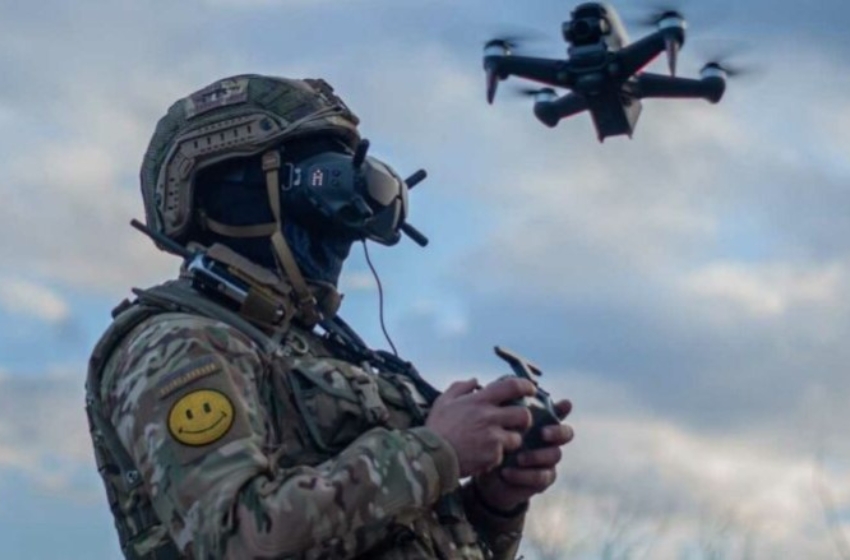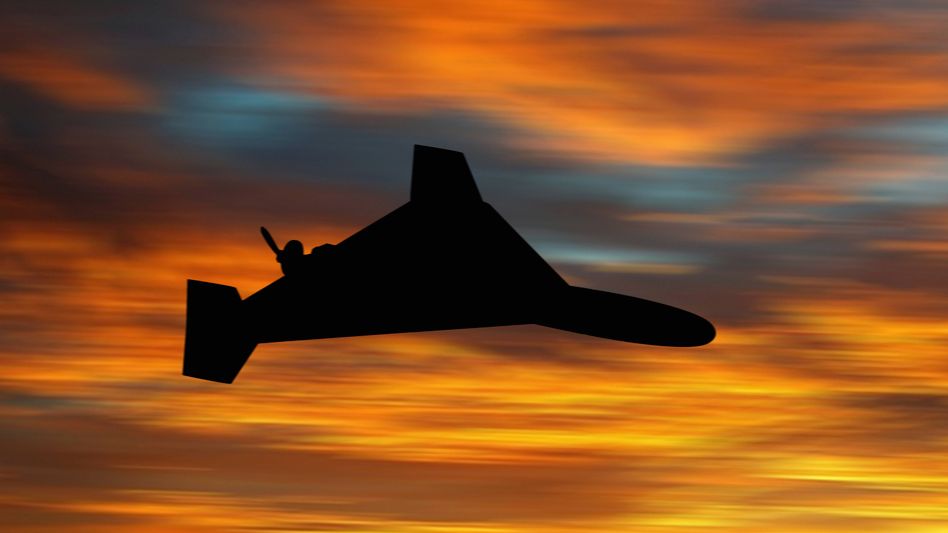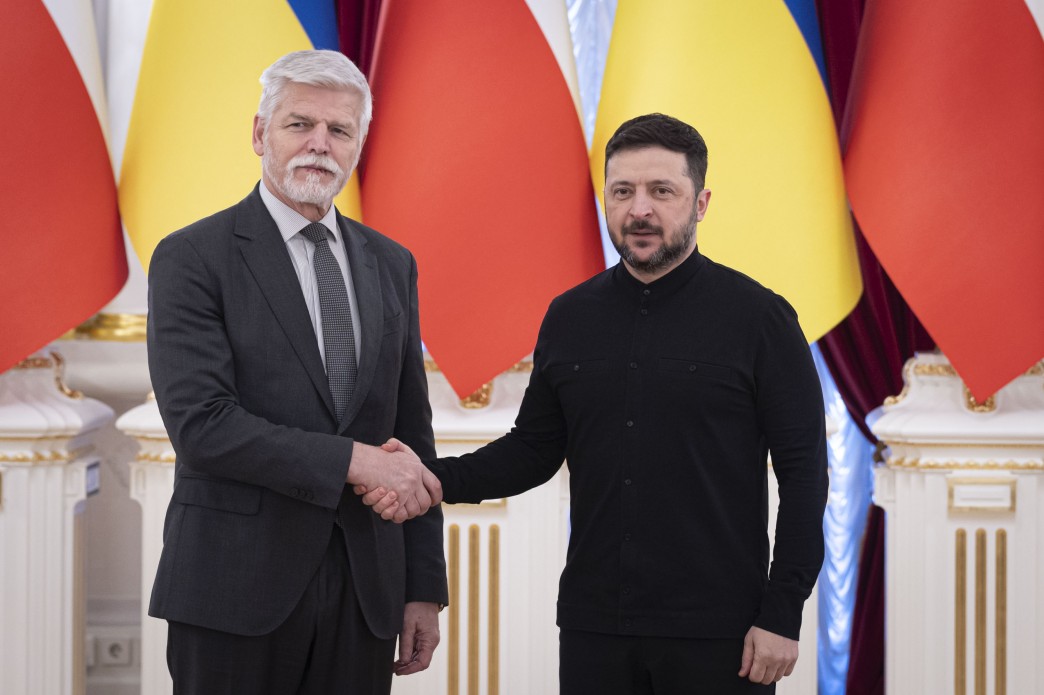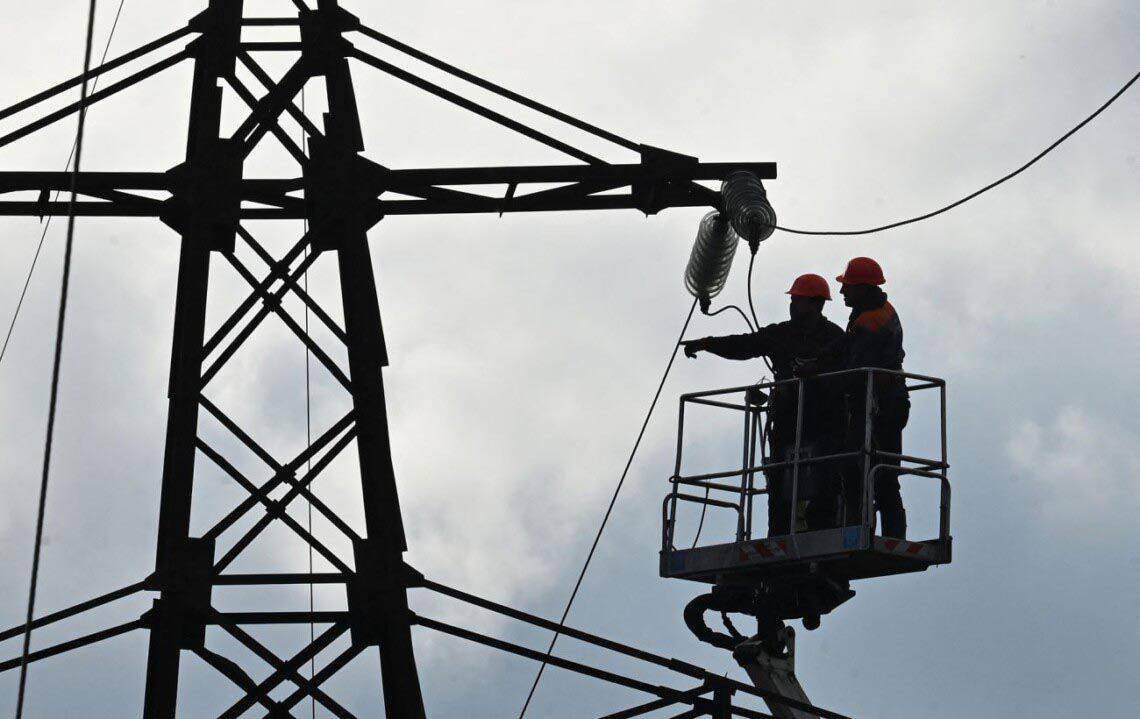Two experienced Ukrainian IT specialists — web developer Eduard Dryha and programmer Dmytro Herutskyi — are developing the MilTech startup Aimedat, which focuses on creating innovative AI solutions for FPV drones. They aim to create a ready-made solution for military FPV drones that will function as a virtual environment for testing AI before implementing it on real drones, as they said to dev.ua.. Additionally, the IT specialists have established a thematic community called Iron Sich, dedicated to drone development, where everyone can collaborate and share their creations.
During an event dedicated to FPV drones in winter 2024, the IT specialists conceived the idea of creating an AI solution for UAV pilots to test their flying and targeting skills. They also discussed the challenges drones face on the battlefield with military personnel, including difficulties in management, high losses upon drone loss, and the lack of automation.
This led to the concept of Aimedat — a comprehensive solution that will include a virtual environment for training AI, testing it in various scenarios, and then implementing it on real drones. The IT specialists' idea quickly grew into a large-scale project that the startup plans to offer to all authorized manufacturers. The product will include code, documentation, and firmware settings.
"The global goal of this project is not just military object recognition and targeting in automatic mode; it is something more than just AI. It is an intelligent platform on which people can create their own solutions," emphasizes Eduard.
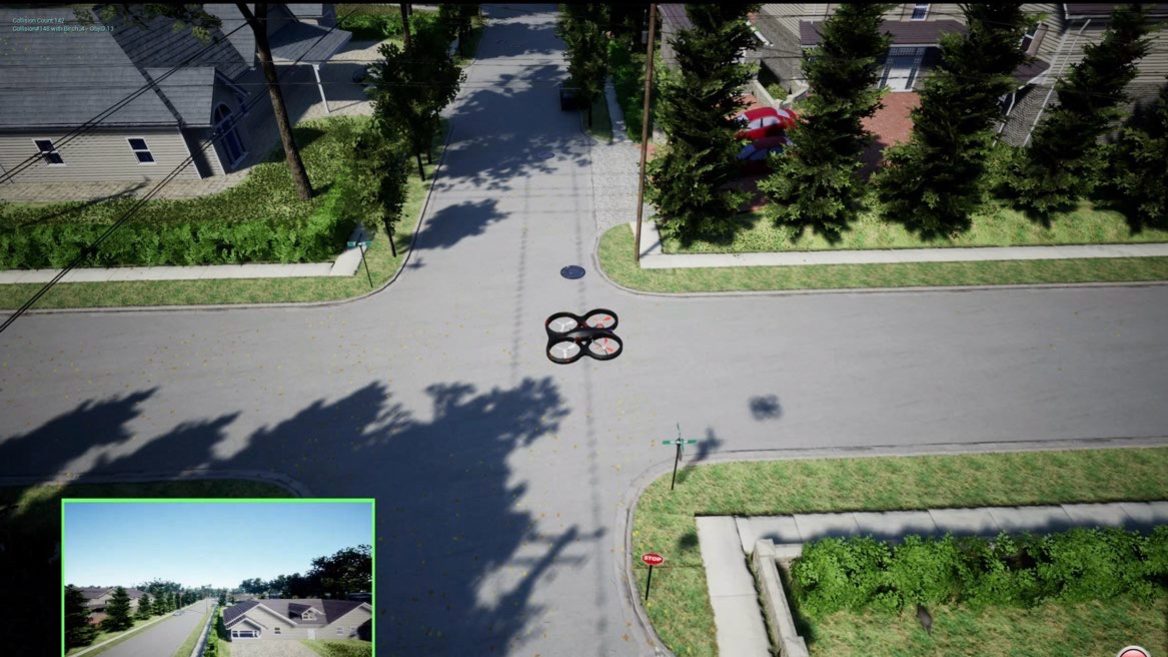
About Aimedat
The startup's solution enables combat pilots to more easily identify military objects (tanks, armored personnel carriers, UAVs, people, etc.) and hit them with high probability.
"Currently, it takes an average of 1 to 20 FPVs to destroy one tank at the front. This is rough statistics, but the fact is that 1-2 hits in the 'right' places are enough," explains Eduard.
The revolutionary aspect of the technology lies in providing a tool to train this precision, ensuring that all FPV drones used by our military achieve maximum effectiveness.
"Our opponent has numerical material and resource advantages, so we need to focus on quality rather than quantity," say the startup founders.
The developers do not publicly disclose details about the solution to avoid giving the enemy an advantage, but they emphasize that machine vision is incorporated.
The startup team shared that they expect a significant reduction in the cost of drones that can overcome enemy electronic warfare, which will significantly increase the saturation of the front with such drones. They also announced a future tool that will help minimize the enemy's ability to copy our technologies, but details have not been disclosed.
"We'll see how it works in practice," says Eduard.









